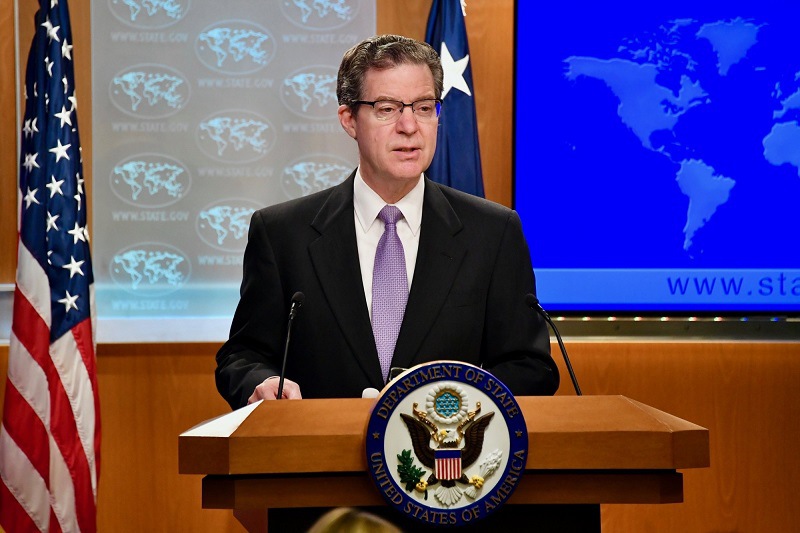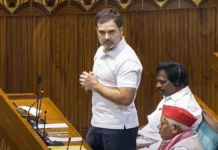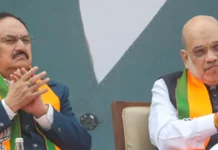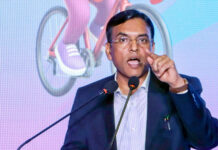NEW YORK: A senior US diplomat dealing with religious freedom, who is a frequent critic of India, has said that he was “encouraged” by Prime Minister Narendra Modi’s statements urging unity in the face of the COVID-19 pandemic.
Ambassador for International Religious Freedom, Samuel Brownback said on Thursday: “I’ve been encouraged and we’ve been encouraged by statements from senior Indian officials really urging a unity, and noting the Prime Minister stated even that COVID-19 does not see religion, language, or borders, which is certainly true.”
But Brownback also said during a news briefing: “In India, we’ve seen reports of unfortunate COVID-related rhetoric and harassment, particularly against the Muslim community. This has been exacerbated by fake news reports, misinformation being shared via social media. There have also been instances of Muslims being attacked for allegedly spreading the coronavirus.”
He was, however, silent about the Tablighi Jamaat’s role in spreading COVID-19 and having large gatherings of people in close quarters after India announced a lockdown on March 24 to contain the pandemic.
Modi had said in social media posts on April 19: “COVID-19 does not see race, religion, colour, caste, creed, language or borders before striking. Our response and conduct thereafter should attach primacy to unity and brotherhood. We are in this together.”
Replying to a reporter’s question if India’s leaders were influenced by the US International Commission on Religious Freedom (USICRF) recommendation that the US designate “India as a Country of Particular Concern”, Brownback said he did not know why they did it.
“I just noted that it’s positive and that’s good. And I don’t want to always just point to everything’s negative.”
He said that the USCIRF recommendation got “got a lot of interest both here and in India”.
He said that the State Department will put out a report “fairly soon, and then we’ll – that’ll start the time clock on the Secretary’s ultimate determinations on Countries of Particular Concern or watch list countries, and the USCIRF recommendation will be noted and has been noted as well”.
Brownback also made a strange, unsubstantiated claim about “religious prisoners” in India using the term that describes persons imprisoned solely for practicising their faith, while in India millions of Muslims freely and openly practice their religion.
“I was delighted we had a number of religious prisoners that were released around – was ecstatic about it because I think it probably saved a number of lives. And so the fact that the leadership would say this, great.”
If that is a claim about members of minority religions being held for actions unrelated to the legitimate practice of religion, it would also apply to the US where Muslims, who are one per cent of the population, make up 9 per cent of prisoners in state custody.






